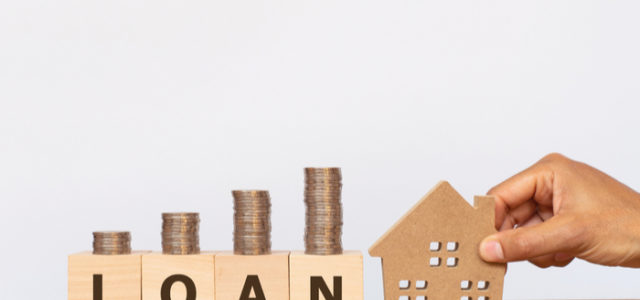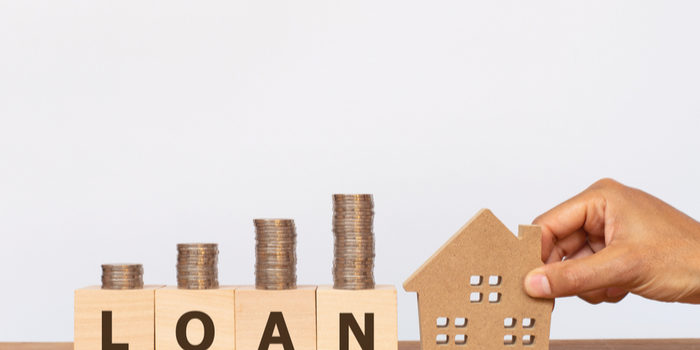


It can be difficult to think critically when it comes to home buying. After all, you want the best money can buy for you and your family. However, that doesn’t mean you should take on a huge mortgage just to get into a slightly bigger house that’s slightly closer to downtown. Today we’re going over some smart rules of thumb to keep in mind when you’re buying a home, and how you can make the most of your home buying budget.
How Much Home Should You Buy
First Steps
The first steps in any purchasing decision need to be taking inventory. Go ahead and look at your current living situation and figure out how much you’re allocating every month to your rent or mortgage. Then, make an honest and clear-eyed budget to get a grasp on where your money goes and how much extra income you might have, if any.
Once you’ve taken a look at your finances, you can honestly begin thinking about where you want your mortgage payments to be. Get a ceiling for your budget and don’t go over it, no matter how intense of a bidding war gets launched on the property you want. This allows you to think critically when you’re making your purchasing decisions.
Rule of Thumb
The old, time-tested rule of thumb when it comes to mortgages is the 28/36 rule. This rule holds that you shouldn’t let your total monthly expenses for housing cost more than 28 percent of your income. It also holds that you shouldn’t let your total debts, including credit card or student loan debts, exceed 36 percent of your income. Putting that together, you get some clear numbers.
For some hard examples, this means if you make $50,000 per year, you shouldn’t spend more than $1,166 on monthly housing expenses. If you make $60,000, that number is $1,400, for $75,000 that number is $1,750, and if you make $100,000 per year your cap on housing expenses should be $2,333.
Down Payment
Make as big of a down payment on the home as you can. The bigger your down payment, the better. A big down payment means that you’ll have a shorter mortgage length, or a smaller mortgage payment. If you have no problem paying down a larger monthly bill, you could consider “paying” yourself more for your current housing expenses in order to make a savings account for your down payment.
Buyers with a larger down payment available are also more likely to win out in bidding wars over properties. Realtors typically want more cash up-front, even if that means less cash in the long run. Ideally, you’ll want to provide a down payment of at least twenty percent of the mortgage in order to avoid paying mortgage insurance. Paradoxically, this means you’ll save more money by having more money up front.
Do Your Research
Make sure you do all the research you need to about the area you’re trying to buy a home in. Work closely with your realtor on this endeavor. It’s important you have an idea as to how much a home in the area should cost, so you don’t fall for any overpriced homes. Consider factors that add to the price, such as pools, garages and proximity to schools and shopping centers.
When you’re equipped with the knowledge you need you’ll find it much easier to negotiate. You’ll also find it easier to walk away from poor deals, as you’ll know what kind of deals you can get on comparable houses in the region. Remember: your budget is important, and you shouldn’t go above the 28/36 rule, especially when you know you can find a better deal elsewhere.










